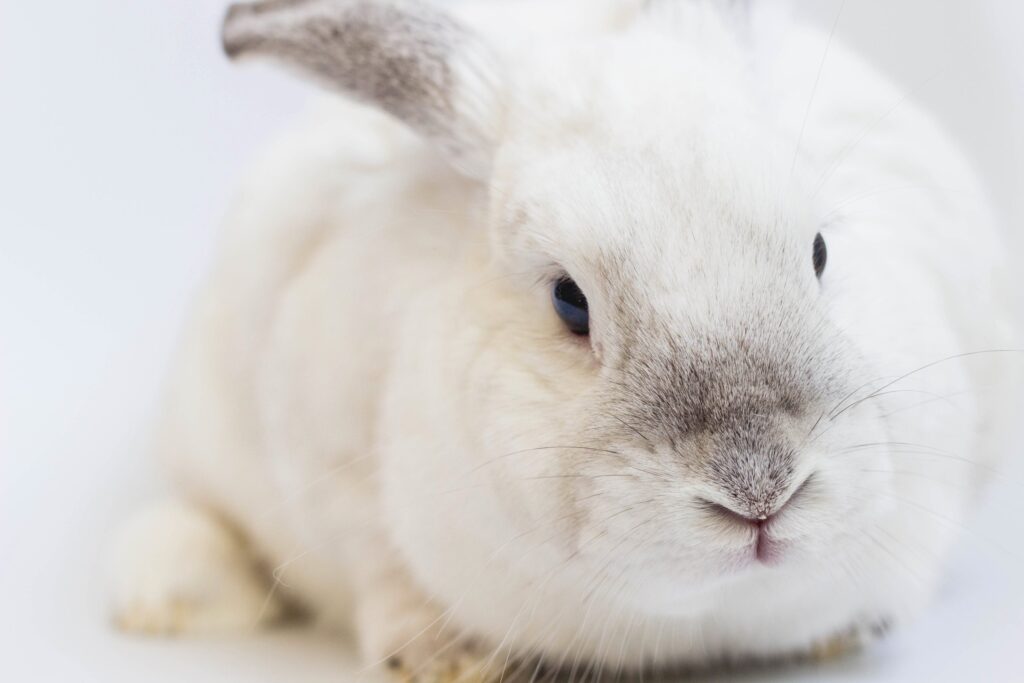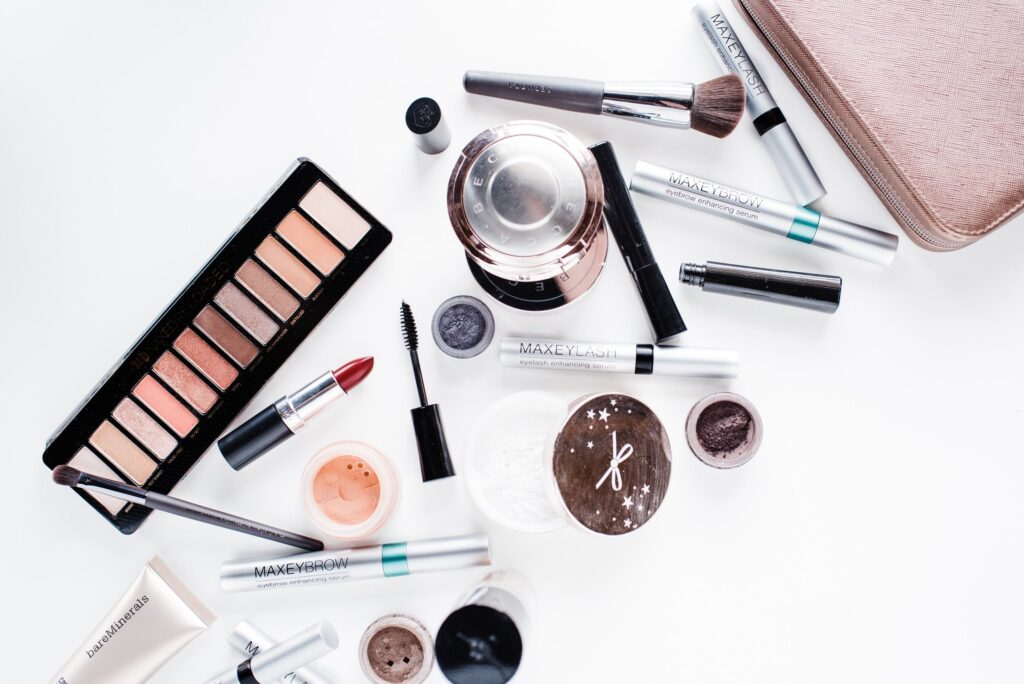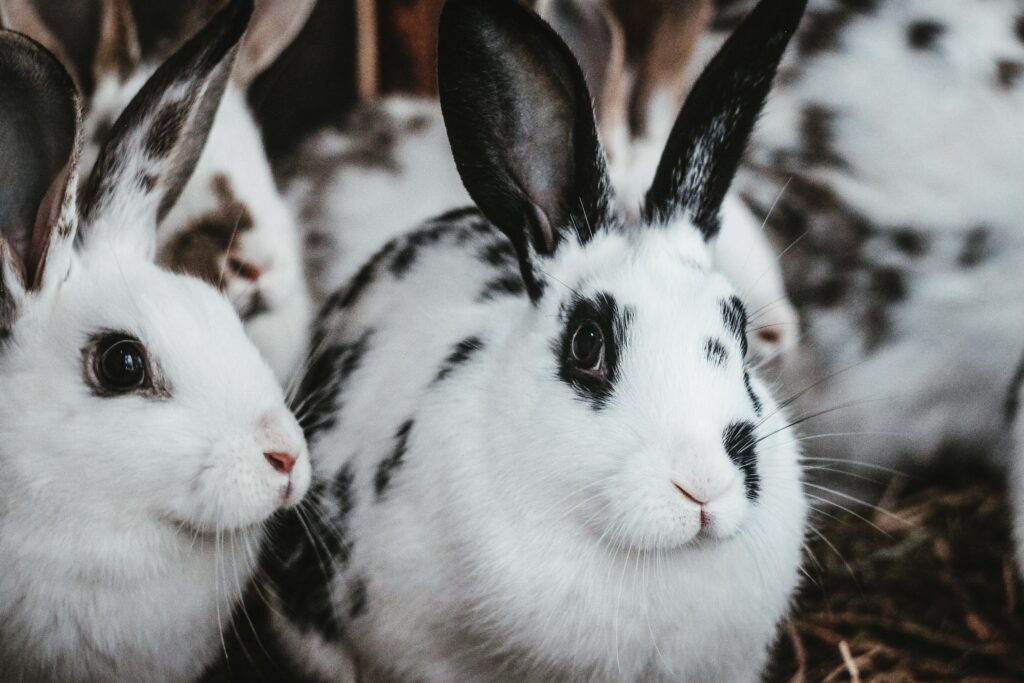In more than 40 nations worldwide, the contentious practice of subjecting animals to experiments for cosmetics, including fragrance and makeup testing, has already been prohibited. The United States, joining this global wave, is now poised to consider a similar prohibition.
A proposed bill, aiming to eliminate animal testing for cosmetics in the US, has been reintroduced in the House of Representatives. The Humane Cosmetic Act not only seeks to ban cosmetic animal testing but also prohibits the sale of products tested on animals.
If passed, the US would align with over 40 other nations, including EU countries, Australia, Mexico, and India, which have already banned cosmetics animal testing. Canada implemented a similar ban earlier this year.
Led by a bipartisan group including Don Beyer, Vern Buchanan, Tony Cárdenas, Ken Calvert, and Paul Tonko, the refreshed bill has been streamlined for improved success, emphasizing the cruelty-free shift in the cosmetics industry.
Rep. Beyer stated, “Cosmetics testing on animals is cruel, unnecessary, and outdated, and Congress should finally put a stop to it.”
Beauty Product Testing Practices in the United States
In the tapestry of American beauty standards, a weave of progress is visible in eleven states (California, Hawaii, Illinois, Louisiana, Maine, Maryland, Nevada, New Jersey, New York, Oregon, and Virginia), where laws have been woven to cease the sale of cosmetics subjected to animal testing.
Yet, within this mosaic, a national portrait is incomplete, as there exists no overarching legislation against cosmetic animal testing at the federal level. Consequently, cosmetic enterprises across the US continue to navigate a legal landscape where invasive experiments on creatures like rabbits, mice, guinea pigs, and rats persist. From eye irritation tests, where chemicals are delicately applied to the eyes of confined rabbits, to the controversial “lethal dose” trials, where rats endure the ingestion of high chemical doses to pinpoint fatal thresholds, the artistic brushstrokes of change are yet to fully unite the nation.

A significant portion of animals involved in these tests is left without safeguarding under the US Animal Welfare Act.
Kitty Block, President, and CEO of the Humane Society of the United States (HSUS), emphasizes, “The U.S. lags far behind other nations in putting an end to animal testing in the cosmetics industry and stands as the sole North American country still permitting this harsh and unproductive practice.”
Widespread Backing for Prohibiting Cosmetics
In a harmonious alliance, the cosmetics industry, as disclosed by HSUS, resounds with resolute support for bringing an end to animal testing in product development. HSUS has forged a close partnership with the Personal Care Products Council, the trade organization embodying 90 percent of the US cosmetics industry, to champion the cause through the Humane Cosmetics Act.
This legislative stride against cosmetic animal testing finds solidarity in the backing of almost 400 distinct companies, featuring global beauty titans like Unilever and Proctor & Gamble, each contributing their distinctive brushstroke to the canvas of compassion.

In the vast landscape of North America, over 1,500 beauty brands proudly wear the badge of cruelty-free, exemplifying a paradigm shift where cosmetics companies sidestep what is perceived as antiquated animal testing. In lieu of traditional methods, these forward-thinking brands embrace modern testing technologies, including human cell-based assays and advanced computer models, heralded for delivering results that are not only more accurate but also more pertinent to human physiology.
In our most recent podcast episode, we engaged in a conversation with Monica Engebretson, the North American Head of Public Affairs for Cruelty Free International. This organization stands at the forefront, tirelessly working towards the global and US-specific cessation of animal testing, shedding light on the transformative journey toward cruelty-free beauty practices.
